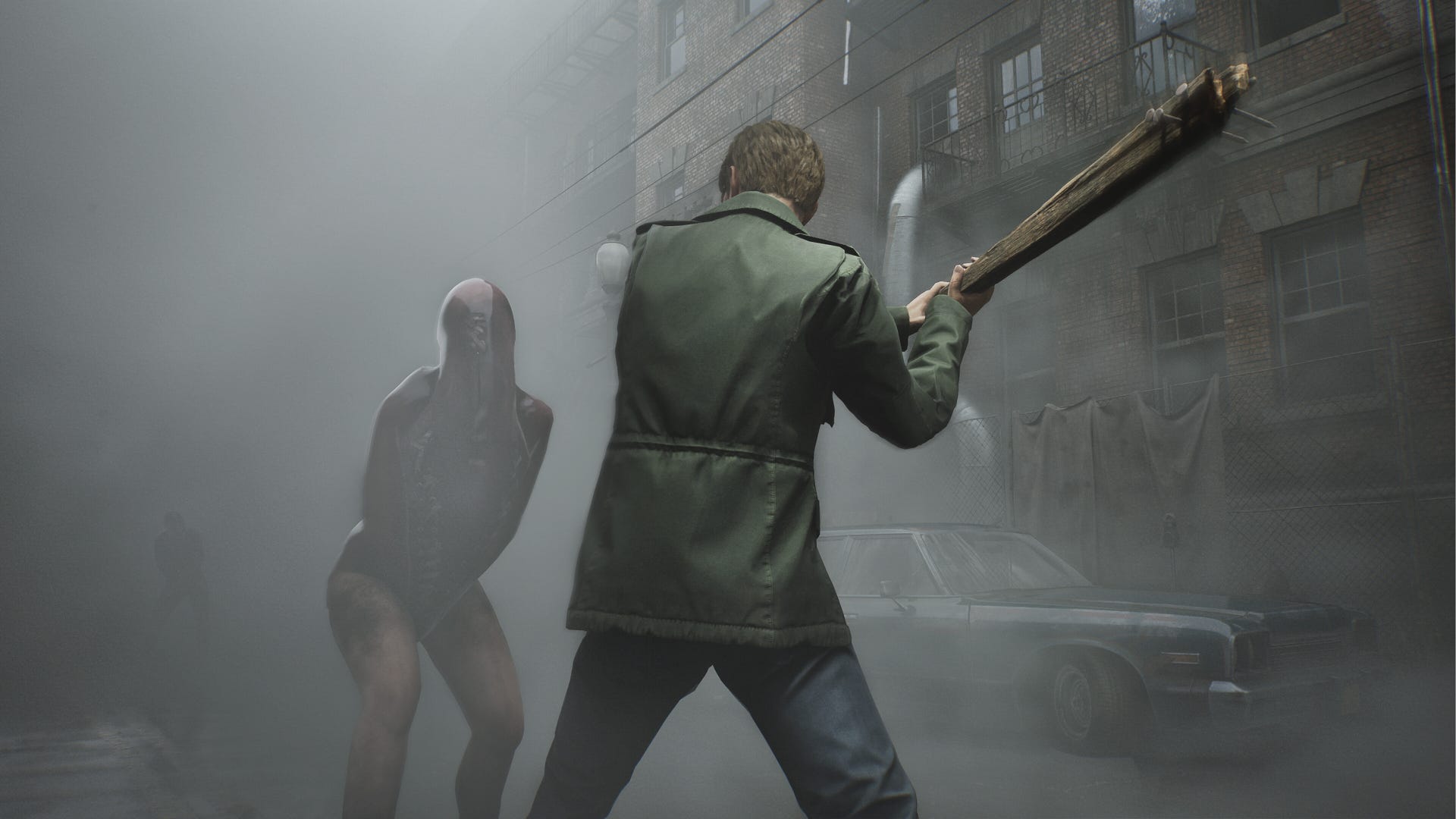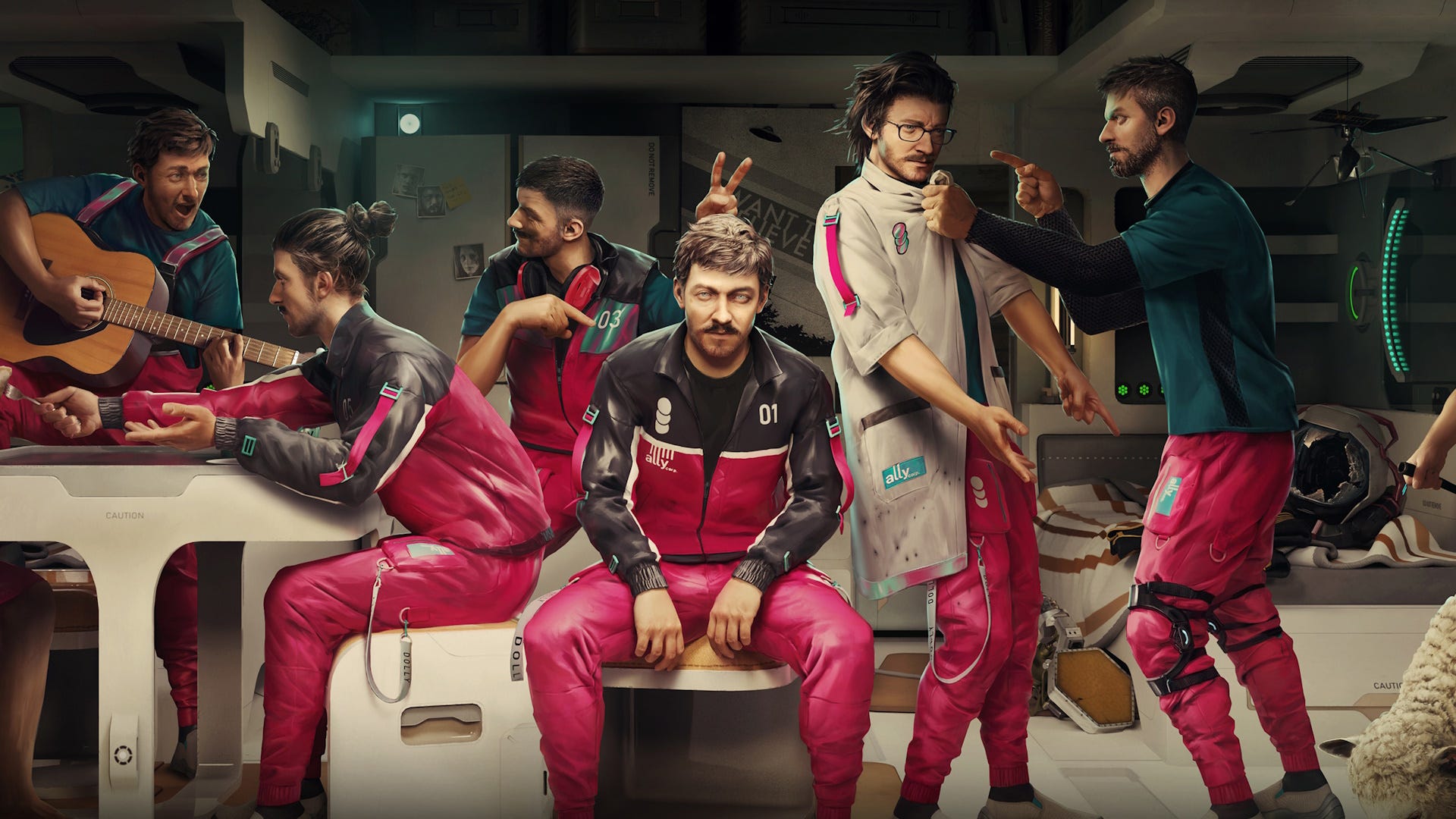Tales of Graces f is often heralded as having the best combat of the long-running action-RPG series, and it’s unfortunately been “stuck” on the PS3 – at least over in the West, since its initial release here in 2012. Bandai Namco only just announced Tales of Graces f Remastered, and it’s being released on pretty much all platforms–Nintendo Switch, PS4, PS5, Xbox One, Xbox Series S|X, and PC. I had the chance to go hands-on with Tales of Graces f Remastered and talk to the game’s producer, Yuki Ishikawa.
In Tales of Graces f Remastered, Asbel Lhant makes many lifelong friends as a child. There’s Hubert Lhant, his brother; Sophie, an amnesiac; Cheria Barnes; a girl from his village; and Richard, a prince from a neighboring kingdom. Drama and trauma send Asbel astray from his would-be life of a lord to a knight academy, and after seven years, he reconnects with many of his childhood friends. There’s plenty of political drama, transformative character growth, and the power of friendship to be had in Graces’ story.
Ishikawa emphasized that the core concept or core value of Tales of is storytelling, specifically focusing on character drama. “So even though it’s a very straightforward kind of story (in Tales of Graces f)–do you choose friendship or do you choose to save the world–…it’s something that resonates strongly with me,” Ishikawa explained.
Ishikawa pointed out Graces f’s battle system is its other best feature, as many series fans call out as well. Though it’s different from the praised combat in the most recent Tales of Arise, Graces f’s battle system is highlighted as the feature that “powers the whole experience, pumping constant action and rewards to the forefront” in IGN’s review.
I only briefly looked at the many, many things you can do to customize your party in Tales of Graces f Remastered, which included massive skill trees and loads of equipment, and I felt as if I barely scratched the surface of the battle system during the hour I played. There’s a lot to learn here, and though I picked the combat up easily enough, I felt far from mastering the real-time action battles that allowed me to swap between up to four distinct characters.
When I wasn’t battling, I was traversing the charming overworld and finding people to interact with and items to discover around every corner, helped by quality-of-life improvements.
Tales of Graces f Remastered is enhanced while staying completely true to the original. Ishikawa said the team’s priority with the remaster was making Tales of Graces f accessible to a wider audience and, specs-wise, improving the framerate to fit current standards. They appear to have succeeded on both fronts, the first obviously so considering the laundry list of platforms Tales of Graces f Remastered was announced for and the expanded language options. As for performance, it looked sharp and ran smoothly at 60 FPS on the PS5 when I played (and should run at 60 fps on every system but the Nintendo Switch, which I didn’t get to experience). It retains every element of the original and fans can experience it as it was by toggling off or ignoring the quality-of-life additions, but they’re a pretty enticing bunch of features.
Some of the most important additions, in my opinion, are destination icons that point you in the right direction as you explore; an overworld dash that makes getting around and backtracking much faster; and an enemy encounter toggle function that lets you avoid battles entirely.
For me, these features keep Tales of Graces f Remastered from feeling like an outdated JRPG, and bring it closer to modern standards.
You can also skip cutscenes and skits, there’s auto-save, and “certain skits in the original version’s DLC that were only available in Japanese will now be available in other languages and with English voice-over in the remastered version.”
Speaking of language options, subtitles will now be displayed in battle and post-battle, an especially useful update for those who prefer to play with Japanese voiceover. I played with the English voiceover, and to be honest, it sounded a bit dated when I’m so used to modern-day’s often excellent anime dubs, so being able to switch between English and Japanese voiceover in the options is a welcome feature, too.
There really is a lot that was added to Tales of Graces f Remastered (which you can read a full list of here), but I’ll leave it with the news that DLC from the original game will be included – although this sadly does not include the licensed content. (Sorry, no Hatsune Miku Sophie or Lelouch from Code Geass Richard.)
“Unfortunately, we are restricted by legal concerns,” explained Ishikawa. “Then of course there is certain content that is exclusive to platforms; obviously we can’t bring something that is a PlayStation-licensed item to Nintendo, for example.”
A lot of the DLC that is included, though, like costumes and item packs, are conveniently available from the start. To unlock the costumes, you’ll have to accept the DLC, equip the Title it’s attached to, then level that Title up so you can change into the costume. It’s potentially an arduous task if you want to equip every costume available, but there’s a fun reward at the end.
Overall, it looks like Tales of Graces f Remastered was made with both veteran fans and newcomers in mind.








